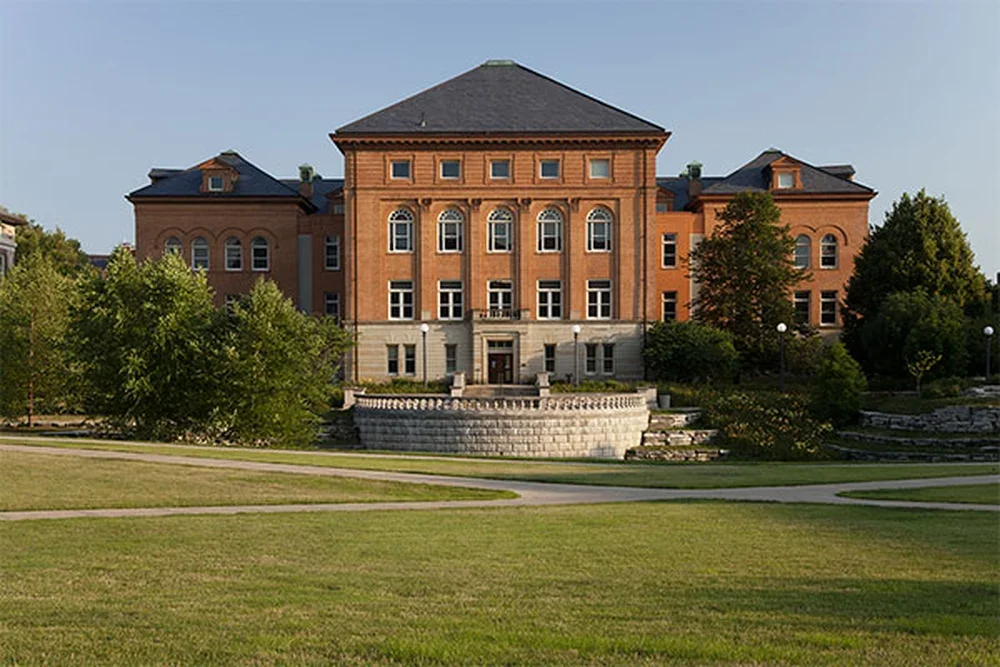
Even the most advanced current technologies have a slice of the distant past buried deep within them.
The proliferation of Internet news, while a twentieth century invention, may have its roots in yesteryear. The various news sources available to today's consumer harkens back to a time when news purveyors did not adhere to a single journalistic philosophy, says Scott Althaus, LAS professor of speech communication and political science.
That contrasts with the heyday of objective journalism enjoyed in the 1960s, when most Americans paid attention to the three major television networks. The fragmentation of the network television news audience is well documented. The addition of a hodgepodge of cable news outlets and other niche television news organizations, as well as the various Internet outfits, has scattered news consumers.
"In fact if you take the clock back to colonial days, you'll find that the structure of colonial news systems has much more in common with today's news system than to that of the 1960s," he says. "The 1960s was a very unusual period in American history. Historically it's more often been the case that we've had a more fragmented news system than we've had in the last 40 years, with the growth of a nationalized, and even a globalized, central news system."
This is one of the benefits of having the Internet as a news provider, Althaus says. Contemporary Americans face perhaps a wider range of choices as to what kind of news offering they want to enjoy or consume, than has probably ever been available in human history. Some who see the growth of Internet news as a bad thing believe that it causes the erosion of community, as people do not pay attention to the same things and come to different ideas about what is and what is not important.
But the problem with that theory is that it presumes people should be "information generalists," Althaus says.
"There's another perspective that says it's not a bad thing if small groups of people know a whole lot about a little," he says. "Because they are more likely to become mobilized around their political interests and actually have a say in what government does. They can send faxes, emails, and make telephone calls much more effectively than a nation of generalists. So it's a different model of politics, an older model of politics in many ways, but it's one that's often forgotten today."